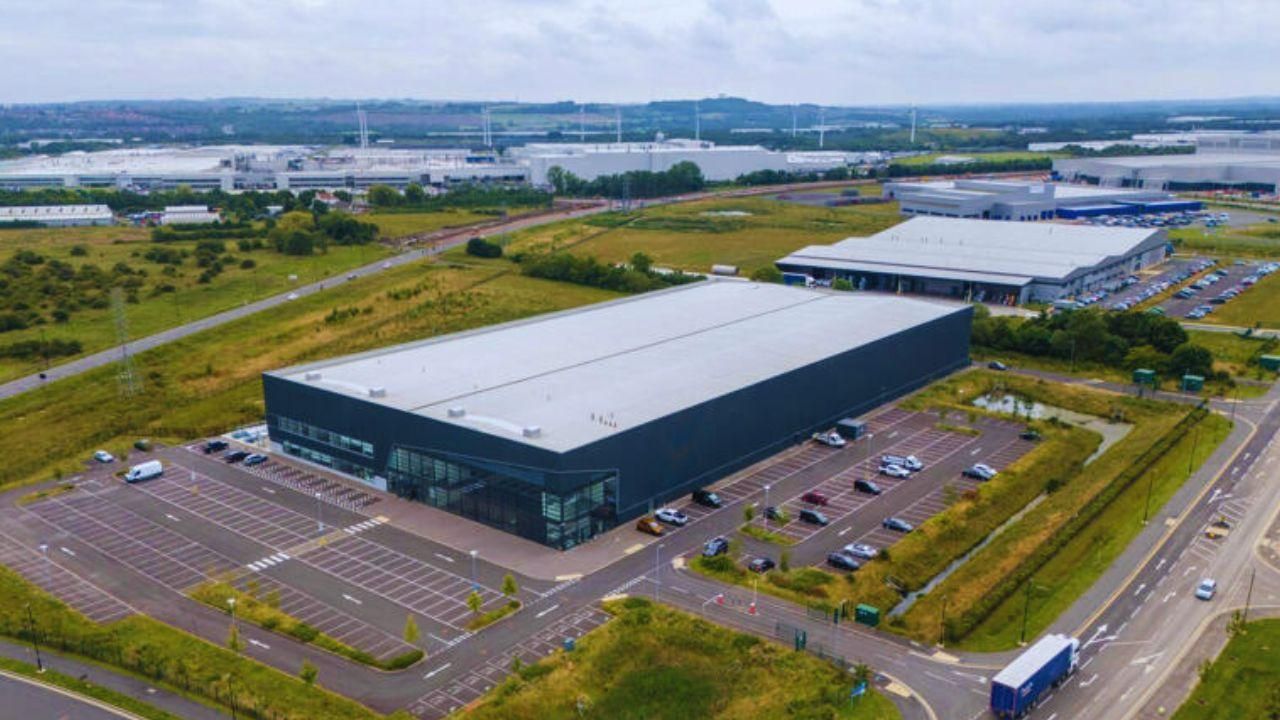Nissan plans to build a £50 million factory to produce transmissions for its electrified vehicles on a location that was once a Nightingale hospital during the COVID-19 pandemic.
As Nissan looks to increase electric vehicle (EV) production and stave off competition from Chinese rivals, a 140,000 square foot facility adjacent to the automaker's expansive Sunderland plant will create transmissions for three models.
The Japanese company Jatco will run the facility and will start preparing the site in the upcoming weeks so that production can begin the following year. In addition to supporting about 400 jobs in the broader supply chain, the investment will generate 183 new jobs.
The initiative received £12 million from the government's Automotive Transformation Fund.
The building that will host the factory is on Sunderland’s International Advanced Manufacturing Park and was one of seven sites chosen to host Nightingale Hospitals during Covid.
Converted at a cost of £24m and opened in a virtual ceremony by Matt Hancock, it had 460 beds across 16 wards.
However, like most of the hospitals in the controversial £500m scheme, it went largely unused. The building has sat empty for the past three years.
Alan Johnson, Nissan’s European manufacturing chief, said the Jatco plant would play a key role in the Japanese automotive giant’s EV plans.
The company has drawn up a £3bn project to transform its Sunderland car plant, Britain’s biggest, into an EV production hub, based around battery-powered versions of the Qashqai and Juke crossovers and an updated version of the Leaf.
Like other manufacturers, Nissan is racing to increase its EV production in a bid to meet strict government sales targets.
Under the zero-emission vehicle (ZEV) mandate, 28pc of cars sold by manufacturers in Britain this year must be electric. Any non-compliant sales above the quota incur a fine of £15,000 per model, though there are flexibilities within the scheme that can reduce the costs.
Nissan is among a broad group of carmakers to have raised alarm about the speed and scale of the transition, privately warning ministers that jobs were at risk.
The Government has since launched a consultation on the ZEV mandate to make it more flexible but said it would not change the timeline to ban petrol and diesel cars.
Nissan suffered a blow after it emerged that the mild hybrid version of the Qashqai is likely to be among models outlawed by Labour after 2030. Proposed emissions limits for hybrids are stricter than expected and will likely mean that swathes of popular vehicles have to come off the market.
As well as pressure from government sales targets, Nissan is ramping up EV investment as it seeks to fend off competition from a wave of Chinese rivals producing cheaper models.
Intense pressure triggered by the EV transition has prompted Nissan to open merger talks with arch rival Honda. Makoto Uchida, Nissan’s chief, said when talks were announced in December that Honda was “a partner who can share the sense of crisis about the future”.
Jatco’s transmissions operation, its first in Europe, will produce 340,000 electric power-trains a year for Nissan models.
Mr Johnson said: “Localising our supply chain boosts our competitiveness and efficiency. It’s another step forward in creating an EV manufacturing system in the North East of England.”
Kim McGuinness, the Mayor of North East England, said the site had always been earmarked for the automotive industry before Covid intervened, and said Jatco’s plans represented “a fantastic transformation and a vote of confidence in carmaking in Sunderland”.








.svg)


